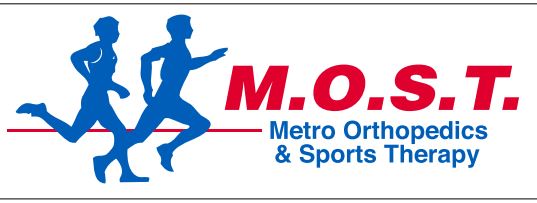When is surgery needed for joint replacement?
Causes of osteoarthritis
How to prevent or treat osteoarthritis without surgery
If you have knee or hip pain that doesn’t go away with rest, you may need a joint replacement. At Metro Orthopedics & Sports Therapy (M.O.S.T), the experienced, compassionate team of orthopedic surgeons and sports medicine specialists can help you determine if a joint replacement is right for you. If you live in or near Potomac, Maryland and are ready to say goodbye to your joint pain for good, contact the office today to schedule your initial consultation. You can even book online. “M.O.S.T” serves the communities of Bethesda, Rockville, Gaithersburg, Germantown, Olney, Washington DC, Chevy Chase, Frederick, Poolesville, McLean, VA, Dulles, VA, and Fairfax, VA.






